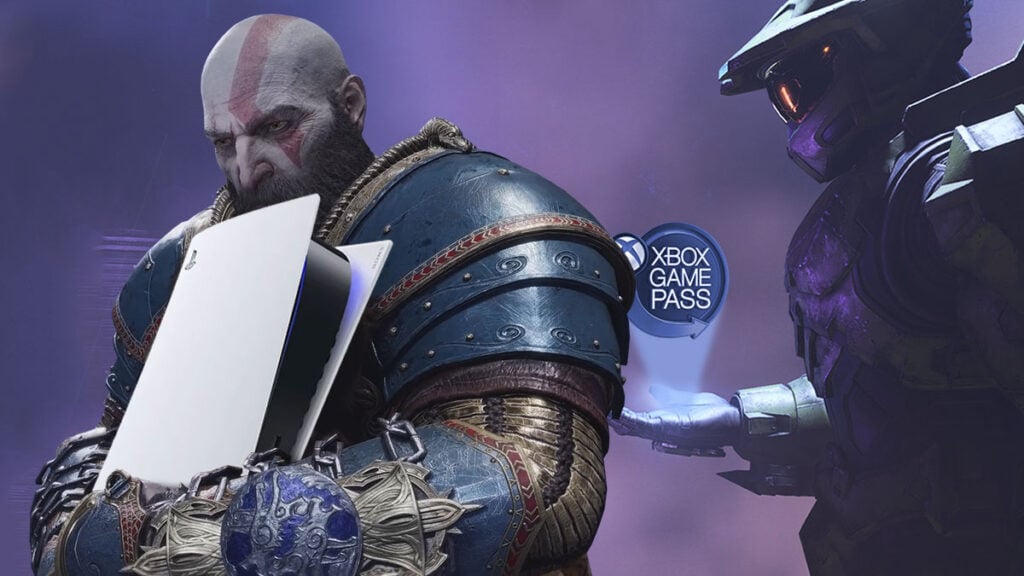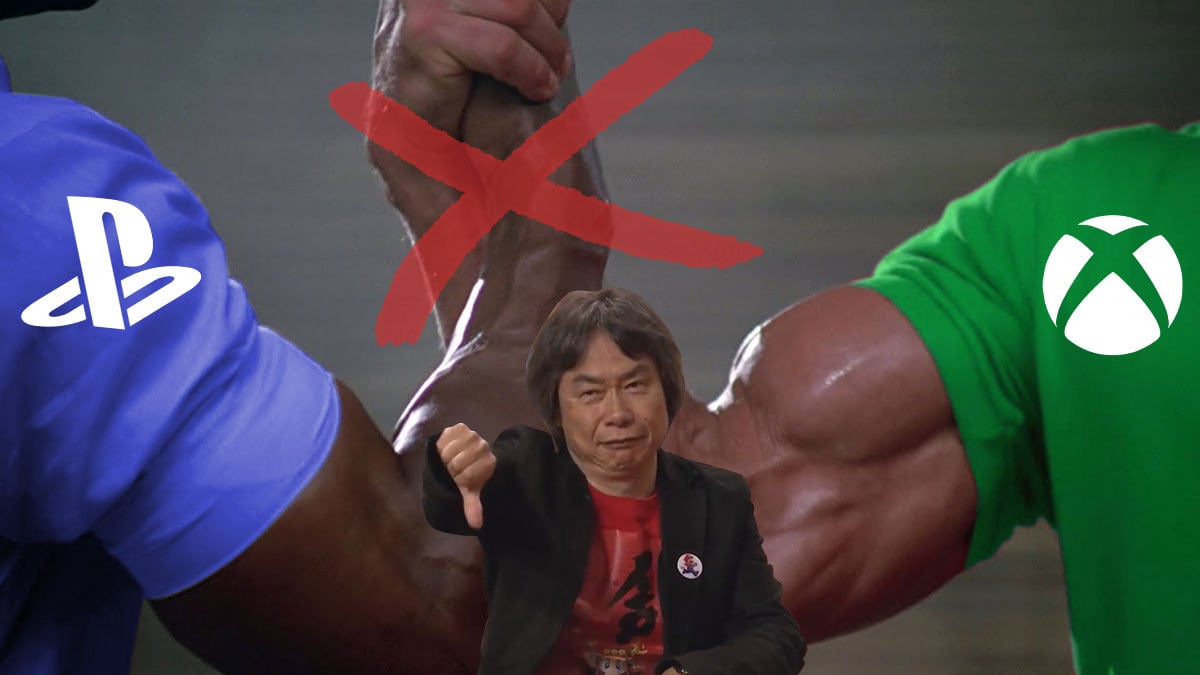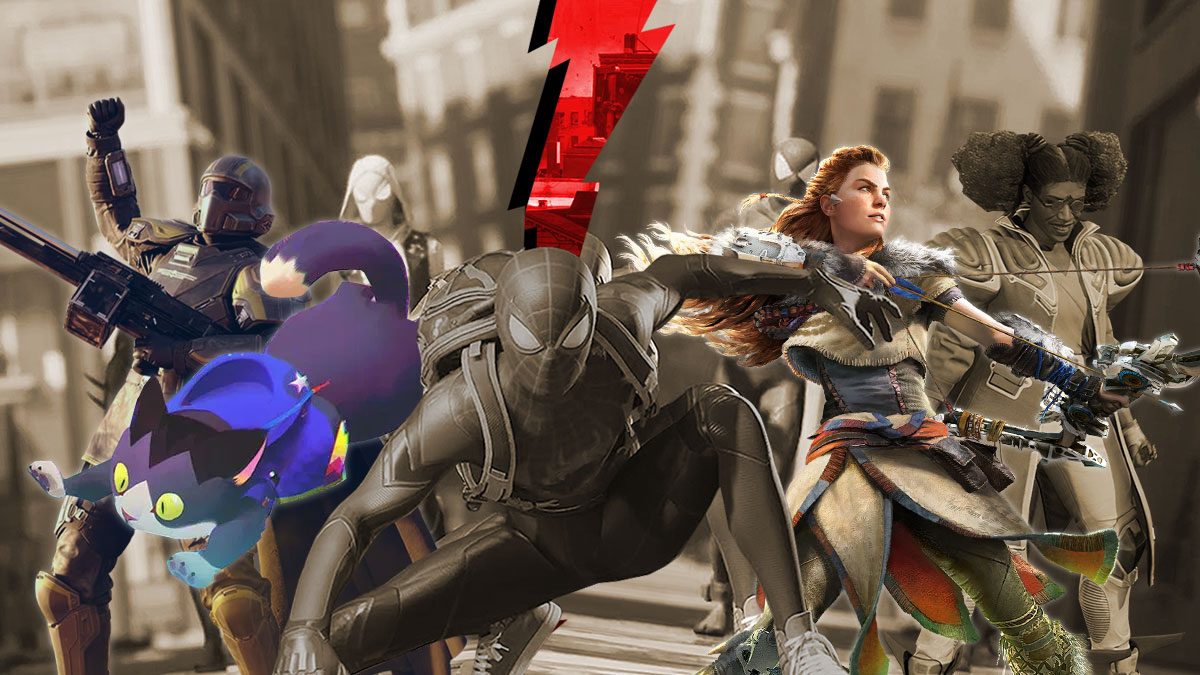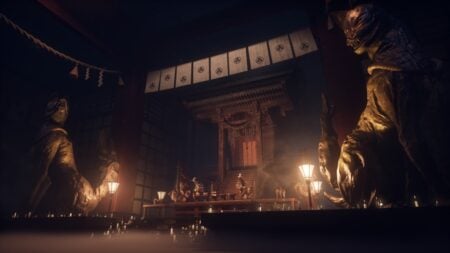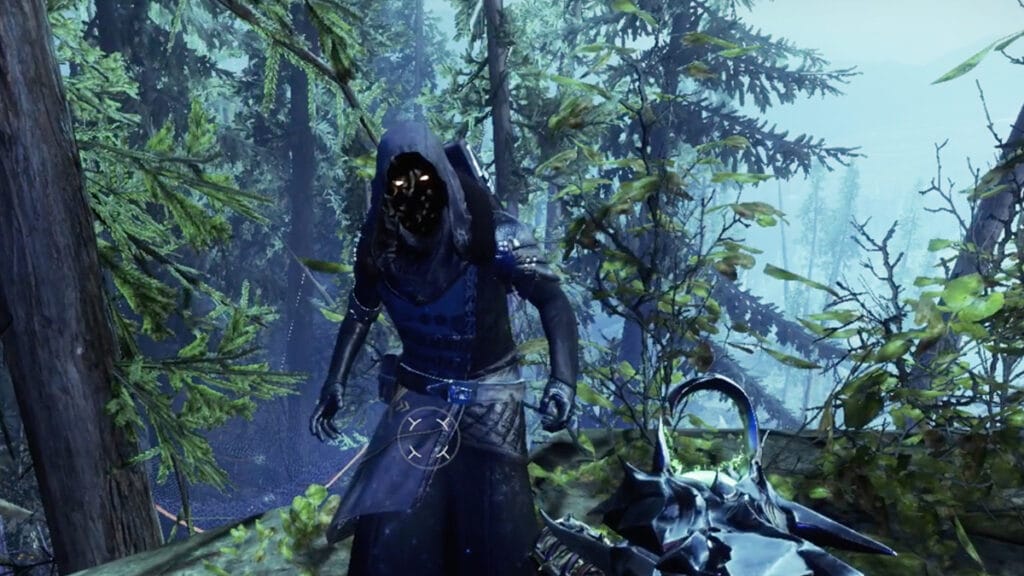For nearly thirty years, PlayStation has made an art form out of copying the best ideas in gaming. Let’s not forget that the original PlayStation console only existed because Sony took the failed Nintendo PlayStation concept and ran with it. But I don’t even mean that as an insult. The company has built an empire out of taking other people’s innovations, polishing them up, and perfecting them to the benefit of gaming fans everywhere. Nevertheless, since then, the pattern has been clear.
Nintendo released the N64’s Rumble Pak? Suddenly, the DualShock had built-in rumble. After Microsoft launched Xbox Live, PlayStation Network, and later PlayStation Plus, complete with paid online and monthly freebies, follows. Xbox introduced Achievements? PlayStation unveiled Trophies. After the Wii and its motion controls invaded homes at large, PlayStation Move showed up with a suspiciously similar stick with an extra glowing ball. Microsoft bought Activision Blizzard and Bethesda? Well, Sony got Bungie, Bluepoint, and a bunch of studios too.
But now, PlayStation’s about to copy something it really shouldn’t — Xbox’s big, messy shift to ‘engagement and platform’ over hardware-first gaming. You know, the exact strategy that’s turned Xbox from a fierce console competitor into just a Game Pass machine.
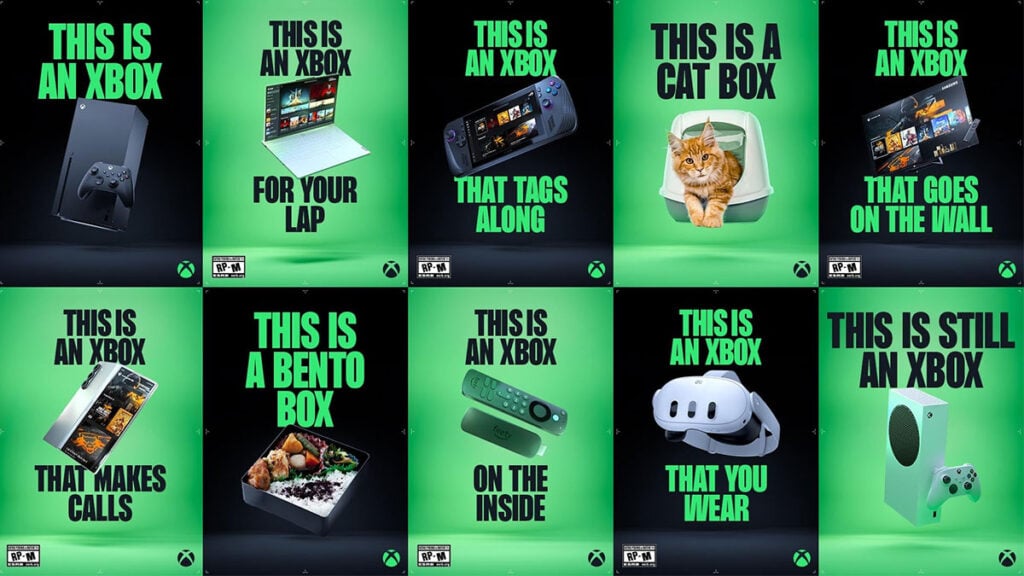
The main problem is that exclusives aren’t just bragging rights. They’re the reason people stick with your hardware. Without them, why buy a PlayStation at all? You can get the games on other consoles, PC, or maybe streamed to a toaster in a few years! If Sony really goes multiplatform, PS5 — and the rumored high-tech PS6 — stop being must-haves and start being just another way to play.
And before anyone says, “But more platforms means more sales!” we’ve seen this dance before. Xbox went multiplatform and instantly lost the prestige that made its games feel like events. Once you’re everywhere, you’re competing with everything. You’re no longer the exclusive headline act; you’re just one of a dozen openers on Steam’s front page.
Sony might think a game that sells 10 million on PlayStation alone will sell 20 million if it’s plastered everywhere — on PC, Switch, and your smart TV, maybe. However, without the exclusivity bump, it’s everyone’s guess that it could sell half as much, which can be devastating for smaller releases. LEGO Horizon Adventures is Exhibit A. Estimates said only 30,000 copies sold in its first week and no official figures have been released, making it one of the lowest-performing LEGO entries.
Meanwhile, LEGO City Undercover was still able to move 100,000 units in its first month in the US alone. The Wii U-exclusive version reportedly also sold over 1.15 million copies worldwide. If we’re talking about big releases, Spider-Man and God of War share on PC are quite minuscule as well. Both sold an estimated 1.5 million copies (6.2% of total sales) and 1 million copies (4.3% of total sales), respectively. Basically, this shows that the brand boost that comes with ‘Only on PlayStation’ disappears the second you ditch the box.
To make things worse for Sony, here’s an uncomfortable truth: modern PlayStation doesn’t have its Splatoon or Pokemon or even an Xbox Halo-killer. Multiplayer IPs so evergreen they can force people and their friends to line up and camp outside of stores in the middle of winter.
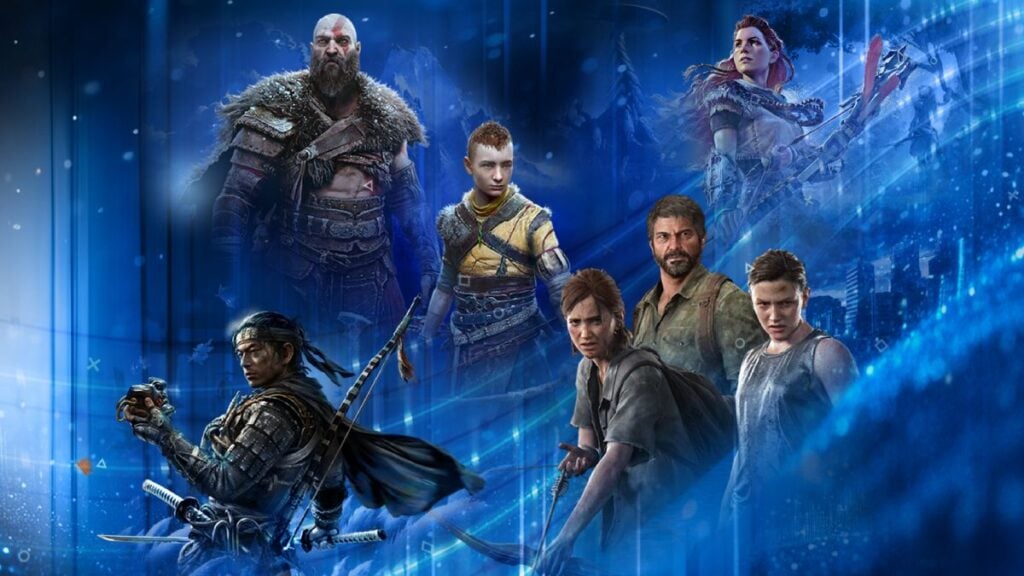
Don’t get me wrong, its current-day blockbusters — God of War, The Last of Us, Horizon, Days Gone, Ghost of Tsushima — are incredible. But they’re prestige releases, one-and-done experiences. Can they actually be translated into a perpetual engagement-making live-service platform? Maybe they could. But PlayStation’s decision to axe the God of War and Last of Us live-service projects shows even it doesn’t believe they can go the distance. If the people funding them aren’t convinced, how can they expect players to be?
After all, when you chase ‘engagement’ and make ‘platforms’ your primary goal, the games themselves obviously change. They stop being bold, risky adventures and start being carefully engineered hamster wheels. Daily logins. Battle passes. Microtransactions so small they feel harmless until you check your bank account. PlayStation’s first-parties could start looking less like God of War and more like Destiny 2 and Helldivers 2, where ‘fun’ is measured in Steam Charts.
Ironically, Bungie has admitted this model can’t last forever and has been bleeding players. And it’s for a game that was released in 2017! Now imagine a completely new PlayStation release stepping into that crowded arena — not just fighting other studios’ games, but competing with its own. I hate to sound like a broken record, but Concord‘s failure and Fairgame$‘s radio silence already tell the whole story.
PlayStation has copied its way to the top before, but copying Xbox’s ecosystem-first gamble could be the one imitation they can’t recover from. Xbox can afford the long game because it has Microsoft’s deep pockets. But for Sony giving up exclusives, it gives up its only leverage. And when it no longer has that leverage, it loses the one thing Sony can’t copy: being PlayStation.

